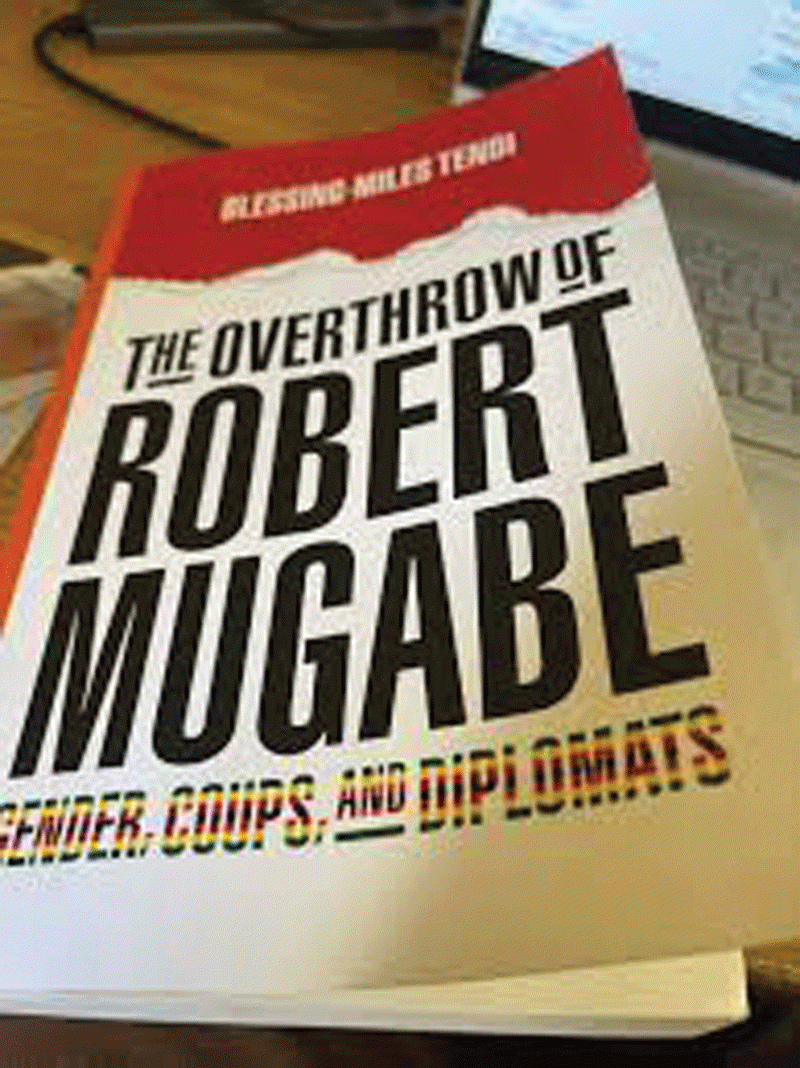
Logging on to Facebook and constantly checking for new messages, friends’ posts and notifications has become such a part of what makes up a normal day.
The social utilities have indeed made communication easier and so much cheaper, attributes that have made them gain favour with many Zimbabweans who had previously suffered under unreliable yet dear network services that made talking to friends and loved ones, especially those in the Diaspora, such a daunting task.
With Facebook for instance, talking to people in South Africa, Botswana, Zambia, the US, Britain, Japan, Australia, Canada, Afghanistan or anywhere in the world has become so simplified.
It has helped define the “global world” and thanks to the social networks, most people in countries such as Zimbabwe that had previously suffered alienation have now been elevated to the same level of developed nations, at least as far as communication is concerned!
However, like any good thing, the networks have presented a few problems, especially as far as relationships are concerned.
A friend posted on her wall a few days ago that her husband had blocked her from accessing his Facebook account because he felt she was stalking him!
- Chamisa under fire over US$120K donation
- Mavhunga puts DeMbare into Chibuku quarterfinals
- Pension funds bet on Cabora Bassa oilfields
- Councils defy govt fire tender directive
Keep Reading
Lovers can’t stop peeping on social networks
For many different reasons, many people just cannot help “stalking” their partners.
“Although I feel bad about it, I keep going to my boyfriend’s wall to check out who he has talked to and what they have talked about.
“I even wish I could access his password so I can view his messages,” said one friend of mine.
“You can call me insecure but I need to know what he is up to just to make sure he is not playing me for a fool.”
And this is exactly where the problem begins, because as much as people might be “happily married” or “happily involved”, social networks offer people, even for just a few hours, a chance to be their individual selves and not “her husband”, “his wife,” “his girlfriend” or “her boyfriend,” something I feel everybody needs, sometimes.
A lady I know had a fight with her husband when she accessed his account to find he had not included the “married” part to his relationship status. She was convinced he was trying to give the world the impression he was an eligible bachelor.
The truth is that social networks have generally come in very handy and they have made communication and information dissemination so much simpler.
However, one just has to be careful of the uses employed for the utilities and as far as relationships are concerned, people need to be honest about where they stand and make sure to avoid associations that have the potential to tear existing relationships apart!
She clearly sounded bitter about it and friends that commented on the post did not make the situation any better.
The social networks have given a new and clearer meaning to the old phrase “it’s a small world”.
It only takes opening a friend’s page to discover that they are friends with another friend of yours, and all along you had absolutely no idea they even knew each other!
Of the 207 “friends” I now have on Facebook, I have no idea who half of these people really are and all I can do is rely on their profiles to give me some idea as to what type of people they could be.
But of course it would be naïve to think you know someone after having only viewed their online profile or received a few messages or posts from them.
People will profile themselves in the most attractive manner possible because believe it or not, everyone wants to be “cool”, even those that know they are not so “cool”.
And then there are those that use bogus names and profiles because they want to appeal or gain access to certain people, or for any other weird reason.











